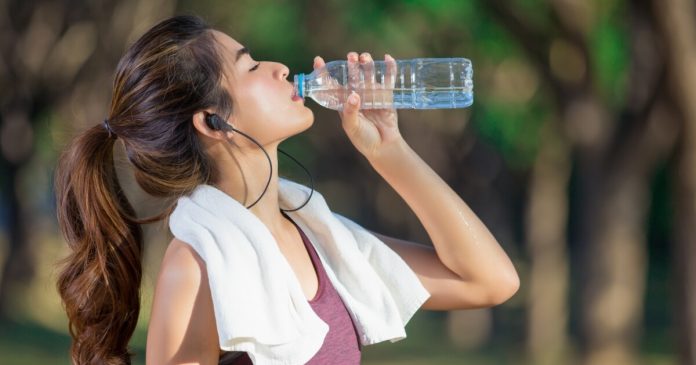The summer heat is so intense that safety measures should be taken everywhere, whether indoors or out. While the movement is limited to the COVID-19 pandemic, it is nearly impossible to avoid being outside in the light at all times. However, did you know that a number of seasonal illnesses that are prevalent in the summer might worsen if left untreated? To prevent health issues, certain safety measures need to be followed. These are a few of the most prevalent summertime illnesses.
Heatstroke
Another common summertime illness that can be fatal if neglected is heatstroke. Heat stroke symptoms can include trouble breathing, a fast heartbeat, a high body temperature, disorientation, etc. This occurs when someone starts to feel lightheaded while still in direct sunlight. It should be noted that heatstroke can quickly impair the heart, brain, muscles, and other parts of the body if it is not treated promptly. Additionally, heatstroke can occasionally result in unexpected deaths. However, heatstroke is one of those conditions that may be managed or avoided by limiting sun exposure. The effects of spending less time outside, particularly between 11 a.m. and 4 p.m., are within your control. If you must spend 11 a.m. to 4 p.m. outside in the sun, cover yourself with clothing and keep your face covered with a scarf or stole. Furthermore,
Sunburn
Sunburn can interfere with our normal activities, despite its terrible effects. The term “sunburn” describes the burn that results from overexposure to UV radiation to living tissue, such as the skin. Fatigue, moderate disorientation, and a reddish complexion are a few signs of sunburn. Skin cancer may result from sunburn if it occurs frequently or if it is exposed to further UV radiation. Apply sunscreen lotion to your exposed body parts 20 minutes before you want to be outside in the sun to prevent sunburns. Additionally, pay attention to the lips, ears, scalp, and feet. Additionally, search for SPF-rated lip balms. Keep your feet covered for optimal coverage. It generally occurs as a result of irritation brought on by UV radiation. The healing process of sunburned skin typically takes two weeks. The skin is not healed by this treatment; it merely relaxes the skin. During treatment, discomfort, edema, and pain can be reduced.
Prickly heat
Red rashes brought on by too much heat and humidity are called “prickly heat.” A blocked sweat gland could be the source of prickly heat. Applying cornstarch or prickly heat powder to regions that exhibit prickly heat or in and around locations where perspiration is expected to be higher than elsewhere on the body will help ease prickly heat. Seek medical attention right away if the symptoms don’t go away despite medication. The following are a few typical signs of prickly heat:
- Little red pimples on the skin
- Red spots that gradually develop into blisters
- Redness surrounding the skin
- Rash development following each time you go outside in the sun
Food poisoning
Summertime heat causes food to deteriorate rapidly. Eating uncooked or stale food can result in food poisoning, a disorder that causes problems with the digestive system. Food poisoning occurs most frequently in the summer because heat can cause improper food storage and spoilage of food. Store the leftover food in the refrigerator to reduce the chance of food illness. For food to stay fresh, it needs to be cooked thoroughly. Make sure there are no bubbles on top of the fruits or vegetables when buying them raw, as this indicates that they are about to spoil. Prior to buying, confirm that the food does not smell terrible. Typical signs of food poisoning include the following:
- Pain in the stomach
- High temperature
- Emesis
- Severe headaches
- Weakness and exhaustion
Diarrhea
Food spoils easily in the heat, which is why diarrhea is common. Diarrhea can be brought on by eating tainted food and drinking alcohol improperly. Drink water just after it has been boiled and wash veggies well both before and after chopping them to prevent diarrhea. Acute diarrhea is characterized by a one- to two-day illness. Food poisoning, bacterial or viral infections, and diarrhea can all cause it. In more severe cases, diarrhea is caused by the bacterial infection. The most frequent causes of bacterial diarrhea are germs like Shigella, Campylobacter, and Salmonella.


























